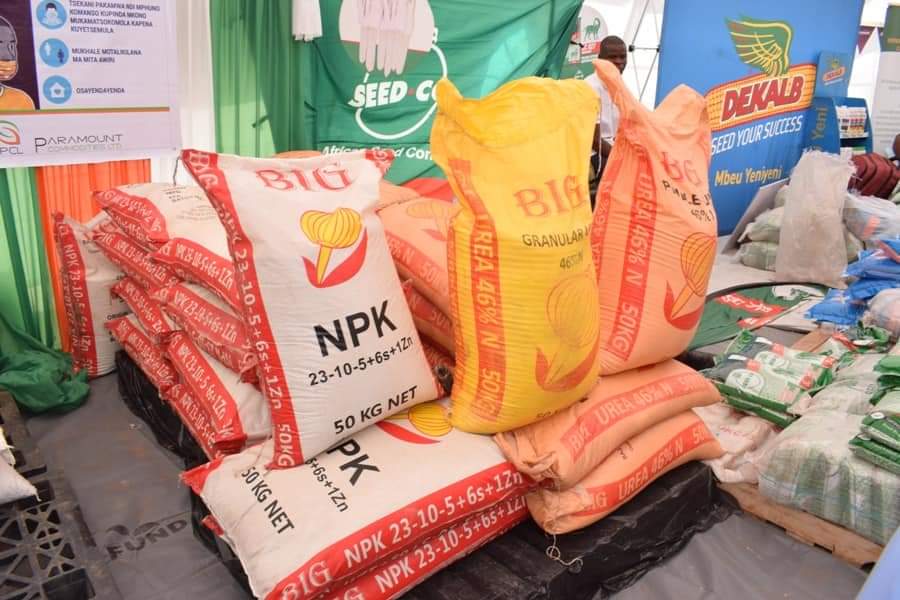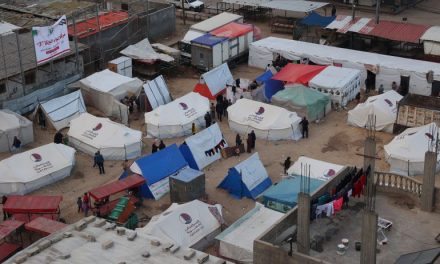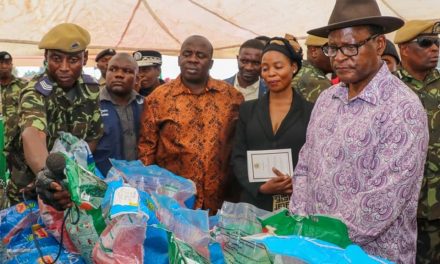
Effect of Exorbitant Farm Input Costs In Malawi

By Osman Bwanali
Malawi, a nation deeply reliant on agriculture, is grappling with skyrocketing costs of farm inputs like seeds, fertilizers, and pesticides, threatening the livelihoods of its smallholder farmers, who form over 80% of the agricultural workforce. These escalating expenses risk undermining food security, rural economies, and poverty alleviation efforts.
In Zomba, maize farmer Wilson Sambani expresses his struggle: “A bag of fertilizer that cost K27,000 just a few years ago now goes for over K100,000,” he says. For subsistence farmers like Wilson, such costs are crippling. Many must reduce inputs, leading to lower yields, or resort to drastic measures like selling livestock or taking loans with steep interest rates. Others abandon farming entirely, seeking alternative livelihoods in urban areas, leaving dreams of self-sufficiency behind.
Malawi’s food security heavily depends on the productivity of its smallholder farmers. However, their reduced access to essential inputs has severe implications. Maize, the nation’s staple crop, has been hit hardest, with reports indicating that 30% fewer farmers planted maize in the 2023/2024 season due to unaffordable input costs. This decline threatens a significant deficit in harvests, driving maize prices even higher and pushing basic food staples out of reach for many families. For millions already facing food insecurity, this could mean worsening malnutrition and hunger.
The effects extend beyond farmers, disrupting the entire agricultural supply chain, from transportation and storage to agro-processing industries. For consumers, diminished production leads to inflated food prices. With most Malawians already allocating a large share of their income to food, rising costs result in fewer meals and poorer nutrition, especially in vulnerable rural communities.
The price hikes are fueled by both global and local challenges. Internationally, the Russia-Ukraine war disrupted fertilizer supply chains, creating shortages and inflating prices. Domestically, the devaluation of the Kwacha has made imported inputs more expensive, while inefficiencies in distribution systems and reduced government subsidies add to the strain. Once a beacon of hope, the Affordable Inputs Programme (AIP) now struggles with logistical issues and funding shortfalls, limiting its reach to the farmers who need it most.
To address the crisis, a comprehensive approach is required. The government must reform the AIP to enhance efficiency and accessibility, invest in local fertilizer production to reduce dependency on imports, and promote cost-effective organic farming practices. Strengthening farmer cooperatives can also empower smallholder farmers to pool resources, access bulk discounts, and share knowledge for better farming outcomes.
Despite the challenges, Malawi’s farmers remain resilient. With targeted support and policy reforms, the agricultural sector has the potential to recover, ensuring food security and revitalizing the economy. Tackling exorbitant farm input costs is not just about economics—it’s a fight for the survival of millions who depend on the land.
































